Small towns are quintessential America. I’ve passed through and stayed in many during my road trip. I’ve enjoyed hospitality and conversation in diners and bars, admired the stoicism of locals, observed both dilapidation and resurrection, and reflected on what this tells me about the future of America.
Small towns feature in movies such as the The Last Picture Show – set in West Texas in the 1950s – and books like Once Upon a Town, the story of how North Platte, Nebraska provided refreshments to soldiers during their short train stop during WW2. Some small towns have tumbleweed rolling down the streets, others are vibrant.

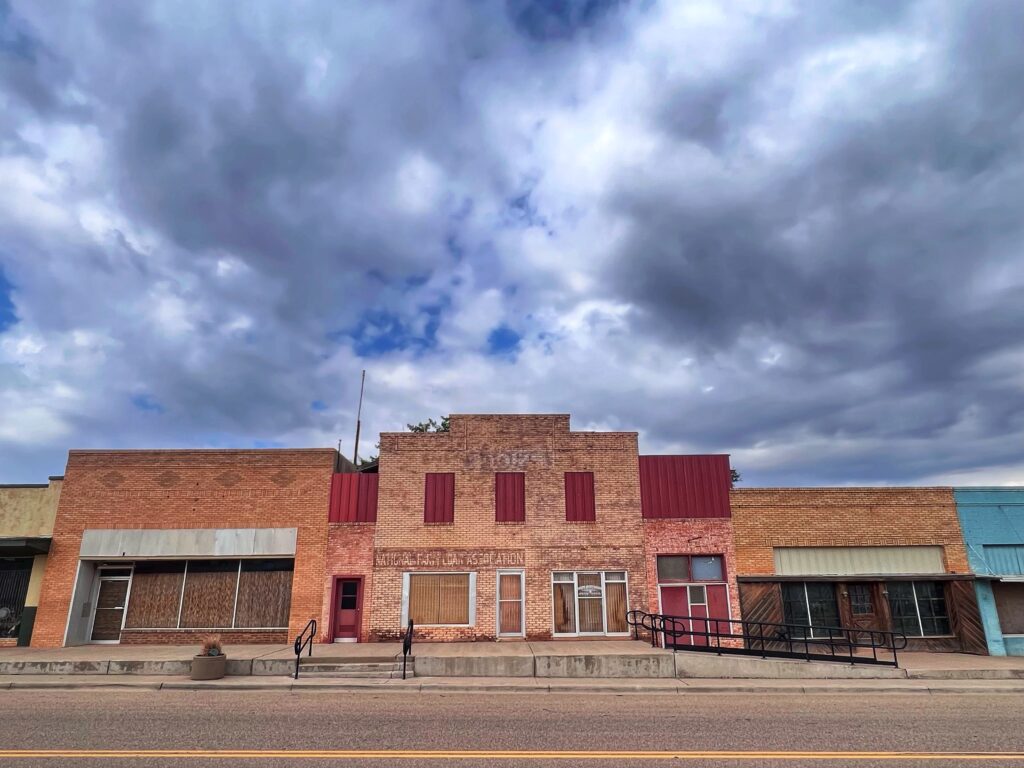
The small town character changes as you travel from state to state and region to region. A lot of this has to do with economic and associated factors – decline of the railways, diverted highways, lost factories, changed retail habits, resulting population decline and, more recently, the impact of drugs. It doesn’t help that planning can be non-existent and communities fight (understandably) for limited resources and opportunities.
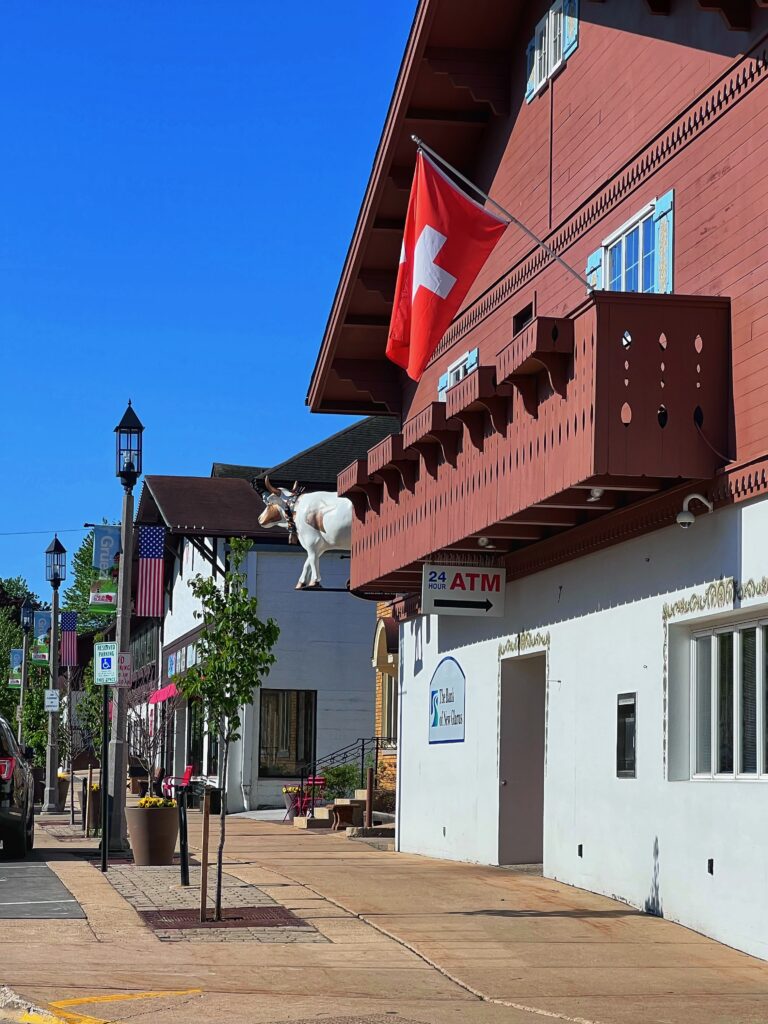
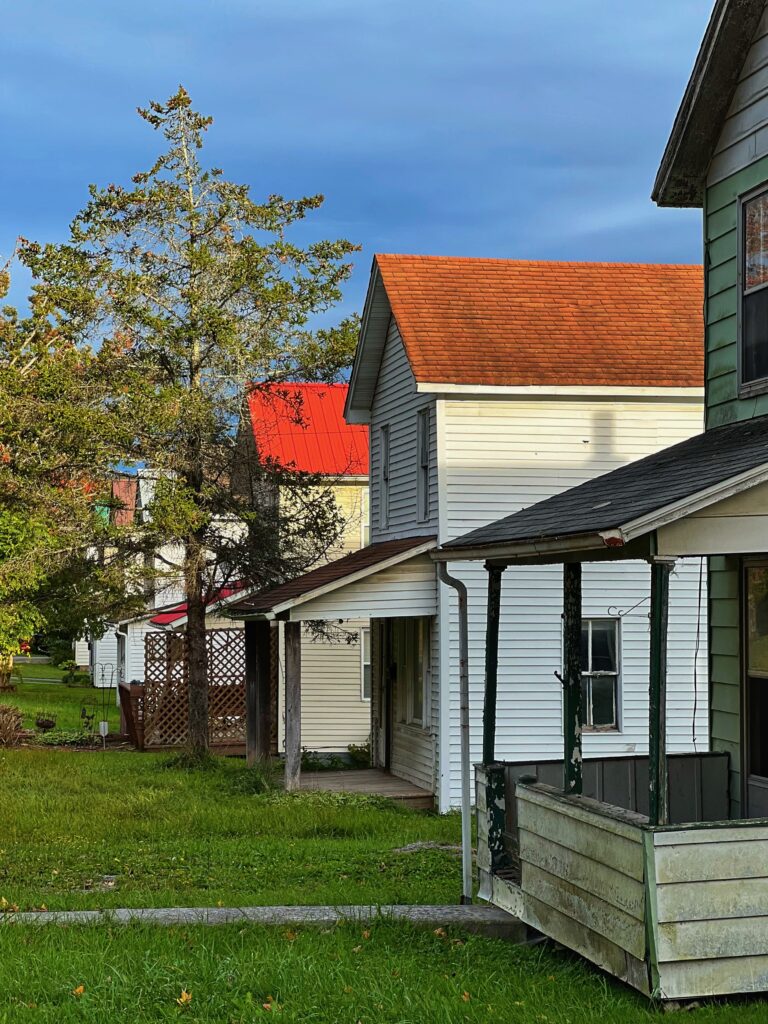
In some cases, visionary leadership coalesces community action and attracts resources, leading to a new future. I saw this particularly in Wallace, Idaho and Hastings, Minnesota, both on the National Register of Historic Places, and both driven to new futures by engaged and visionary leaders and groups that leverage public and private sector resources.
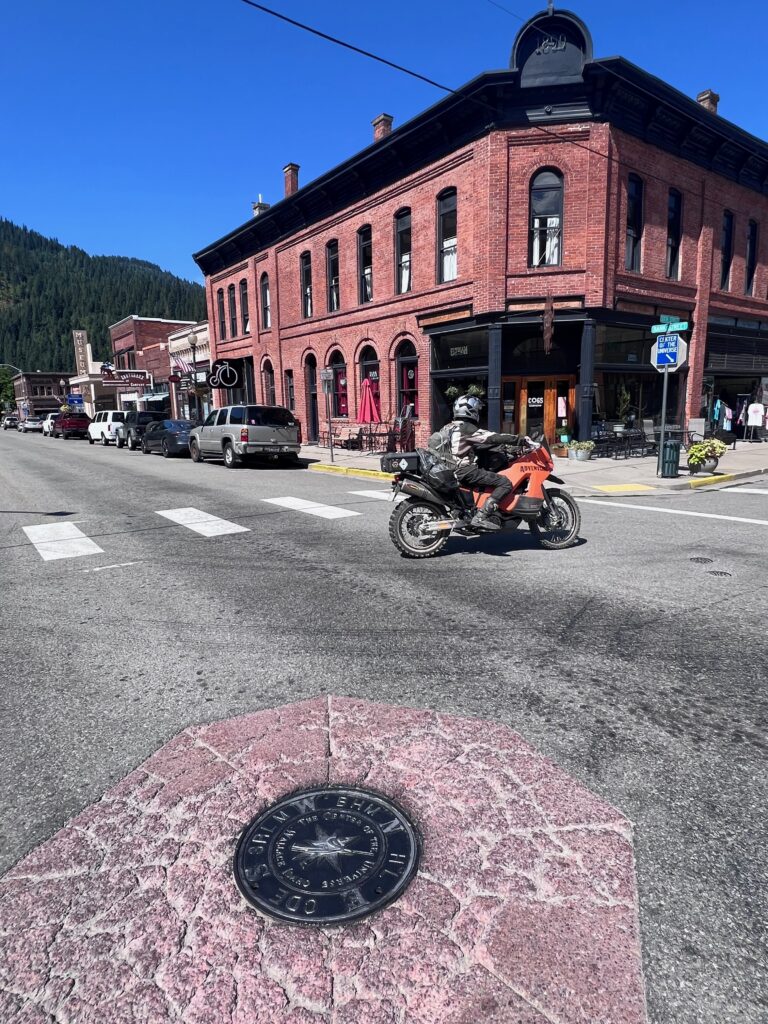
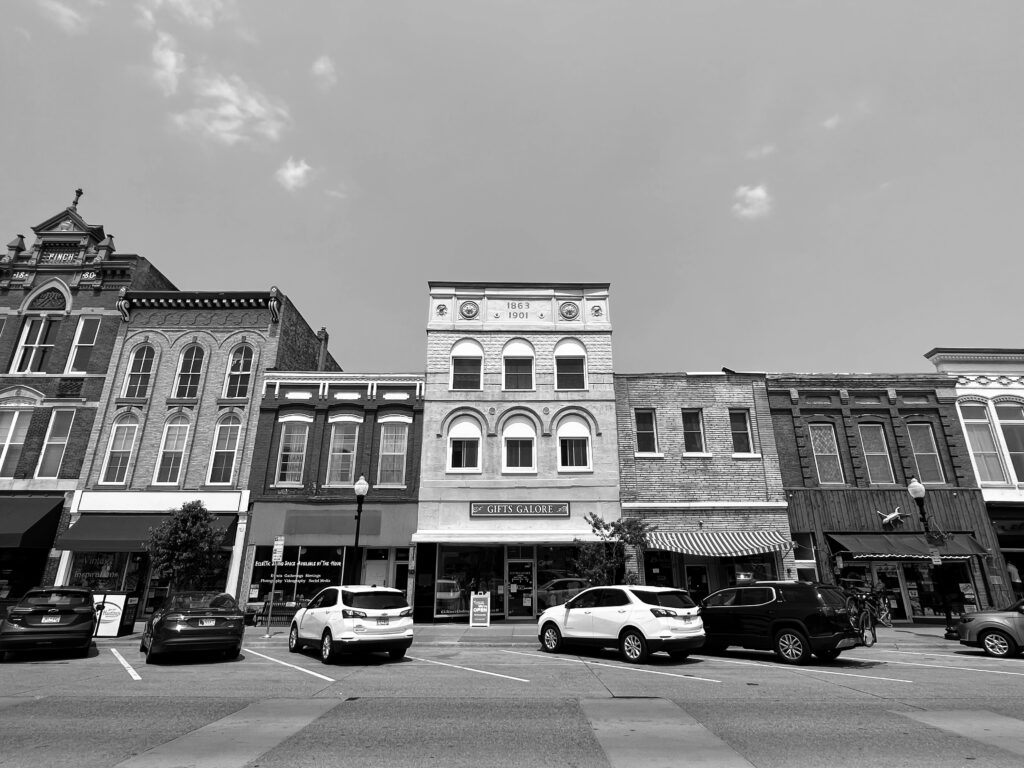
In many conversations, it came across that rural, small town folk don’t understand – or respect – city folk; the reverse is also true. The political divide shows on the election map between Red and Blue America. It’s as if they’re on different planets. I heard a lot from small town Americans about welfare dependents living in the cities, scroungers off the largesse of the government, work-shy not pulling their weight – code in some cases, it has to be said, for racism. Yet, many were welcoming of immigrants, whether Marshallese in Enid, Oklahoma or a Mexican family opening a restaurant and introducing new culinary opportunities in town.
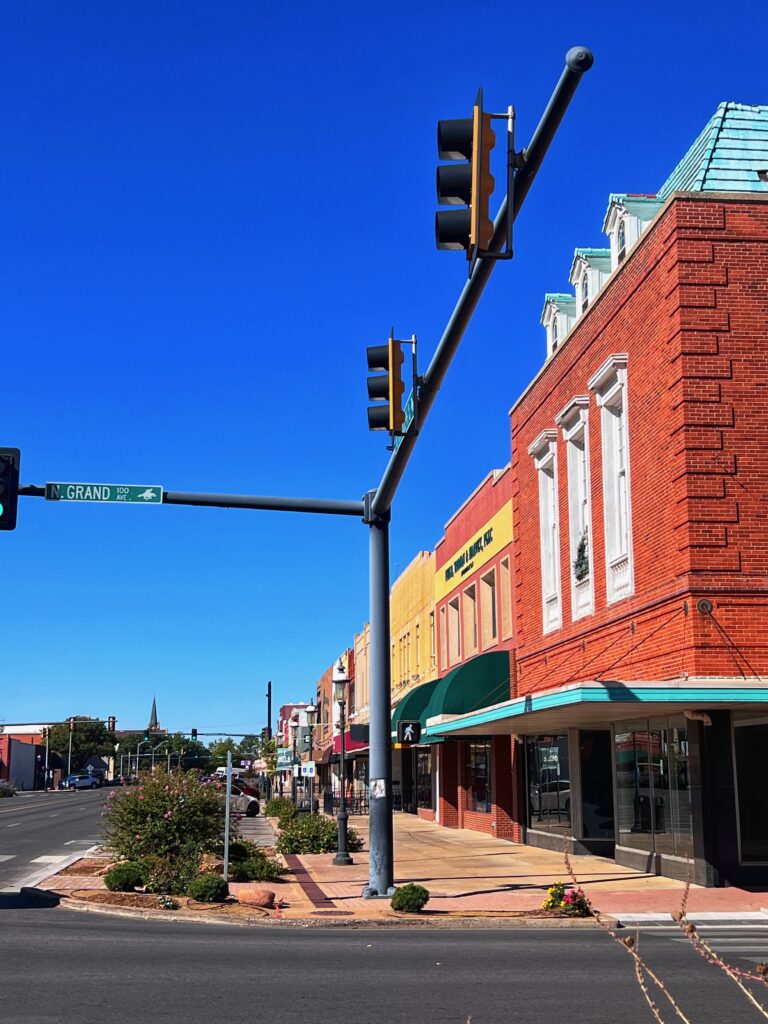
Sitting in a diner or bar, conversations come easy in small towns. I heard from JT, a first generation American, about how he’d have sent his mother back to Mexico because she entered illegally; from Mike, who wants to move on from being a chef by learning photography; from James, an entrepreneur in the oil industry, about how he build his business from scratch and was not hesitant to give a big tip to the lady working behind the bar who was on a basic of 17 cents an hour.
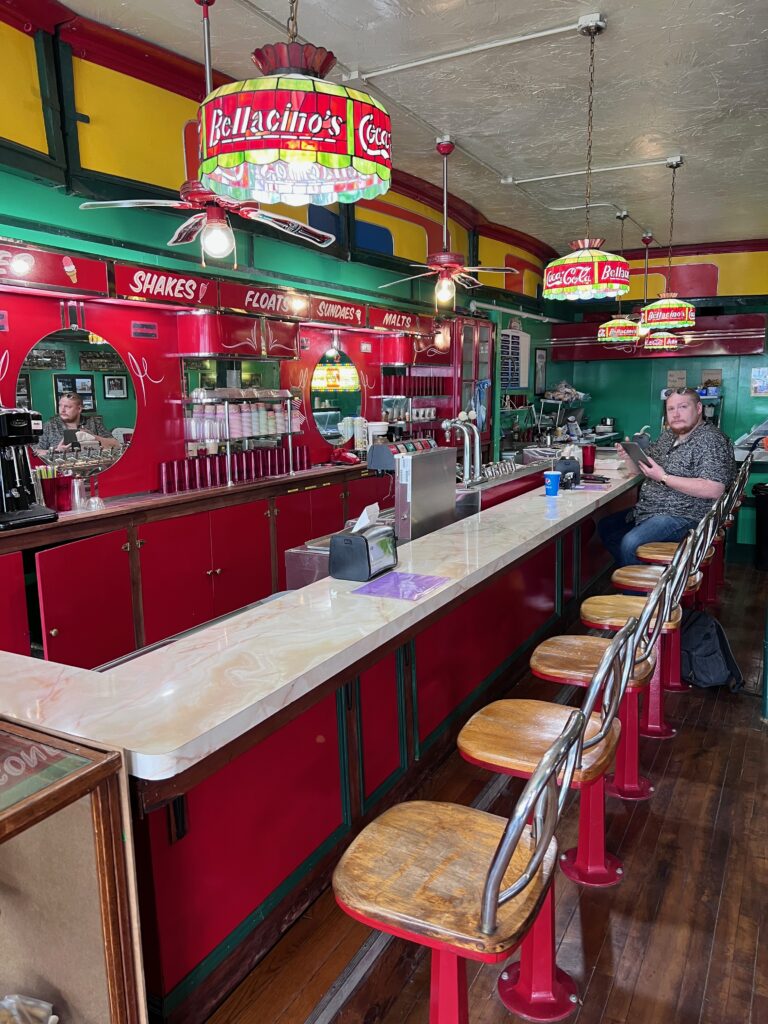
In the UK, small towns are also face challenges similar to their American counterparts, such as the local pub closing, the Post Office and bank being shuttered, a housing development that threatens the character of the village. Some were also redeveloped in the 1960s, to the extent that it will take generations and capital that is not available to undue the damage – think Fort William in the Scottish Highlands.
In Europe, small towns are supported and protected to a greater extent. Subsidies for farmers allow them to remain on the land, post offices and government facilities are retained, infrastructure maintained. But this does not ensure vibrancy – I’ve seen towns in France where business is stifled by bureaucracy, and villages in Italy where new homeowners are attracted to buy a home for $1.
Where small towns have come back from the brink, it’s been due both to a partnership of the public and private sectors and effective leadership. Working together, public resources can be leveraged by businesses to support long term growth. Sadly, the current climate in rural America that distrusts government, its regulation and taxes means that attitudes will need to change for this kind of partnership to flourish and, with it, small towns.

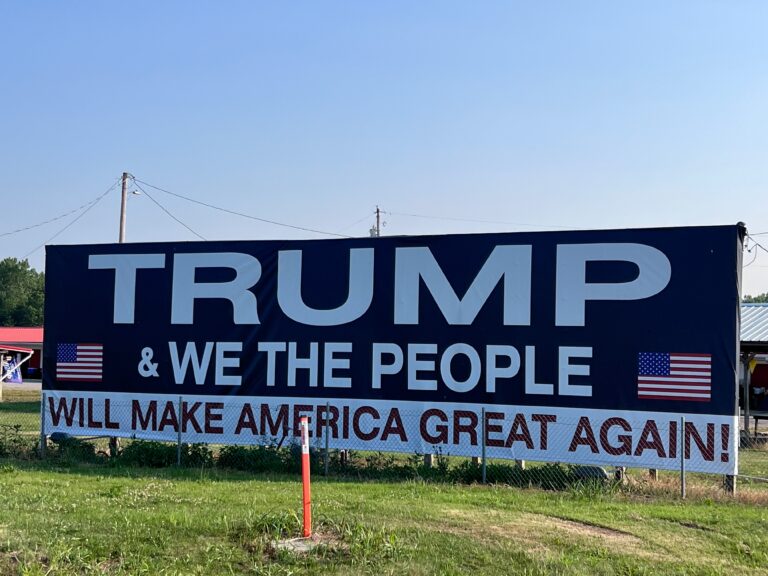

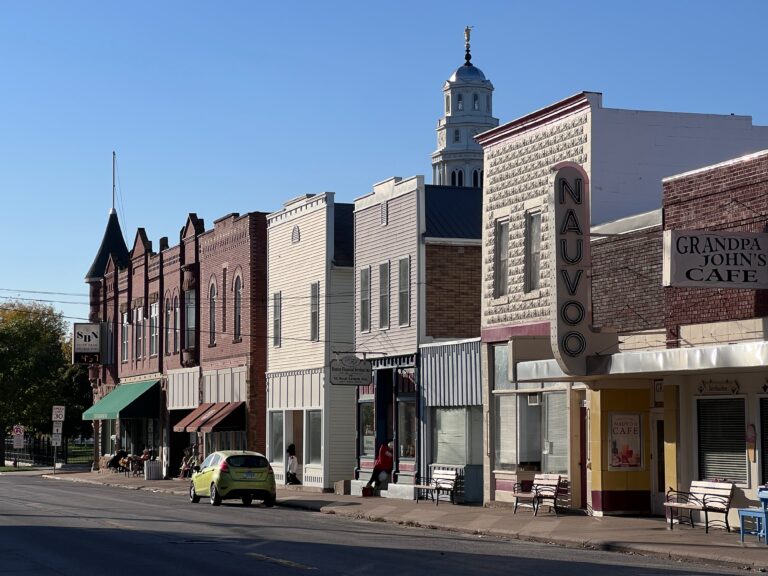
3 Responses
I’ll immediately take hold of your rss feed as I can not find your e-mail subscription hyperlink or e-newsletter service. Do you’ve any? Please permit me recognise in order that I could subscribe. Thanks.
This was beautiful Admin. Thank you for your reflections.
Im obliged for the blog article.Thanks Again. Great.